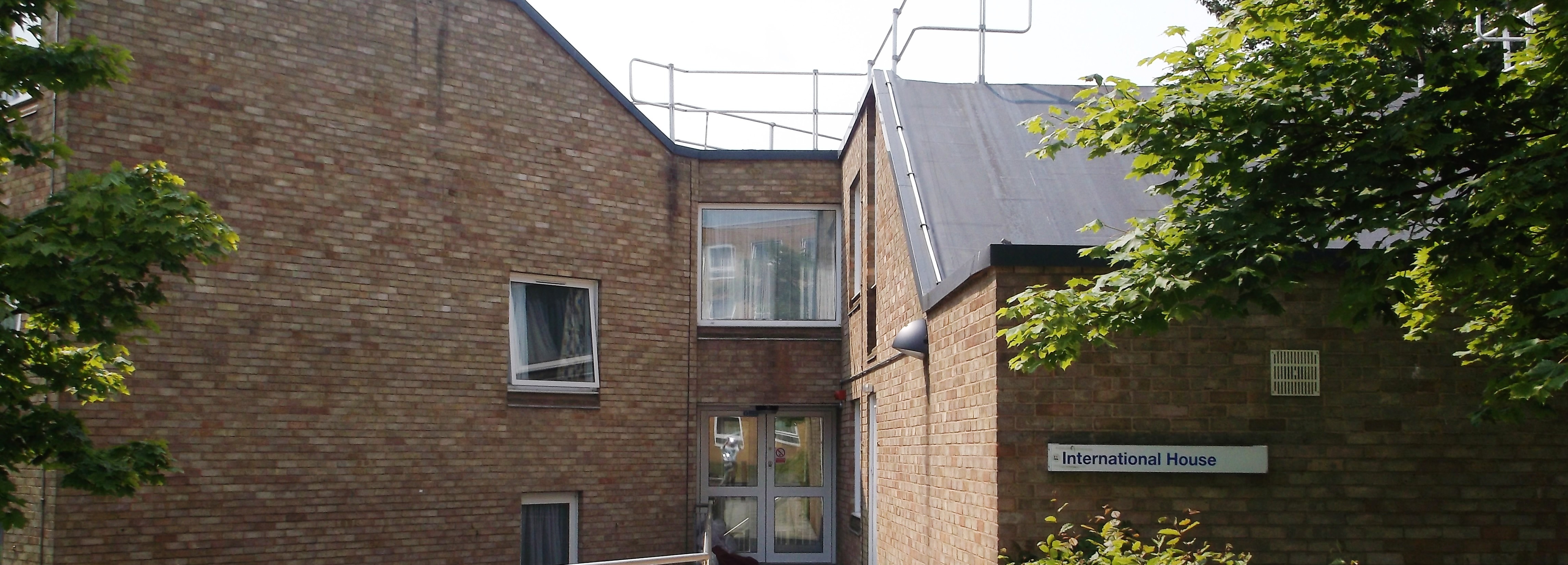Asbestos anxieties at Warwick
Warwick is the university with the most bedrooms on campus which contain asbestos, the Guardian has revealed.
Warwick provides 2,313 bedrooms which contain asbestos to students, most of whom are first-years.
This was the highest number out of the 88 universities that responded to the Guardian.
37 other universities said their accommodation contained asbestos, including Cardiff University with around 1,500 bedrooms.
Peter Dunn, head of communications at the University of Warwick, told the Boar: “As a campus university we simply have many more residences than other universities – and unlike a great many others we actually still own them, rather than many other universities who often instead rely on private sector-owned accommodation.
“Information on such private sector-owned accommodation is of course not required to be supplied in the Freedom of Information request that has led to this story. It is also worth noting that many of our residences were built at a time when such materials were commonly and extensively used.
“[Rooms] are regularly maintained and are therefore completely safe and fully in line with all statutory requirements and good practices. It would require serious damage to the materials to pose even the slightest of risk.
“Students are well aware of their responsibilities to report any kind of damage to their room and we have a range of systems in place to ensure any damage in student accommodation is dealt with promptly, including a very active residential warden and tutor scheme.”
A spokesperson also told the Guardian that Warwick does not tell students that its bedrooms have asbestos in.
Second-year English Literature student Saira Bentley-Holder commented: “It is shocking that a wealthy university like Warwick spends a lot of money on renovating other buildings, such as the library, and adding new buildings, such as the library cafe which is not needed, and does not spend the time and money to make sure that its accommodation is up to scratch.
“I am sure that many parents and students alike will be outraged that by living on campus they are being exposed to these health risks when they expect the campus to be safe and secure.”
Over 17,000 students nationally have been sleeping in university bedrooms which contain asbestos. If the substance is left undisturbed, it is harmless, however if exposed to the air it can become deadly.
Universities including Warwick have asbestos management procedures, however concerned campaigners say the problem is that students may not report damaged asbestos if they do not know it is there.
A spokesperson for the Association of Teachers and Lecturers (ATL) said: “ATL has campaigned hard for a national audit to check for the presence and state of asbestos in all education establishments and for its safe removal. This discovery shows how necessary and urgent this is.
“We call on the government to take immediate action to ensure these bedrooms are checked, made safe and have the asbestos removed.”
Back in January, students living in first-year accommodation International House (Rootes) were told that they may have to evacuate their bedrooms for a few weeks whilst asbestos was removed.
The substance was discovered when a pipe burst in the wall and the heating needed to be fixed.
However, University accommodation staff deemed that the substance did not pose a risk to students as it had not been exposed, and no further action was taken.
Lucia Denton, second-year Maths student who lived in International House at the time, commented: “I’m really disappointed that the University did not make us aware that we were living in buildings containing asbestos.
“If that incident hadn’t happened, we wouldn’t even know now.”
From the 1950s asbestos was extensively used in the UK for insulation, fireproofing and other building purposes. The substance has now been banned as a building material after laws in 1985 and 2000, however any property built before this time can legally contain asbestos.
Around 4,500 people die every year as a result of the substance, because it can cause cancer if it gets into the lungs. It is also the greatest cause of work-related deaths in the UK.
Honorary medical adviser to the British Lung Foundation Dr John Moore-Gillon said: “The presence of asbestos which is sealed inside the fabric of university accommodation isn’t a problem in itself.
“Indeed, there are likely to be millions of people around the country living and working safely in buildings in which asbestos is present.
“However, problems can arise if the asbestos is disturbed and the fibres are released into the air and inhaled. Renovations and even DIY could create a risk, so it’s a sensible step for everybody – not just university students – to know where asbestos might be found in their homes and accommodation.”
Do you think the asbestos in Warwick accommodation is a cause for concern?
Tweet to @BoarNews

Comments (1)
Do you think the asbestos in Warwick accommodation is a cause for concern?
No.
In fact, I’m pretty sure that they have someone whose job it is is to survey asbestos on campus and ensure its safety. Quell your faux-rage everyone.